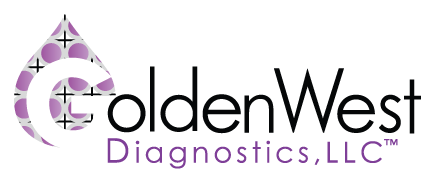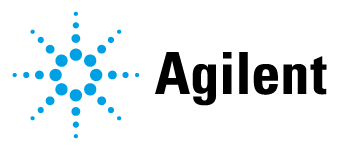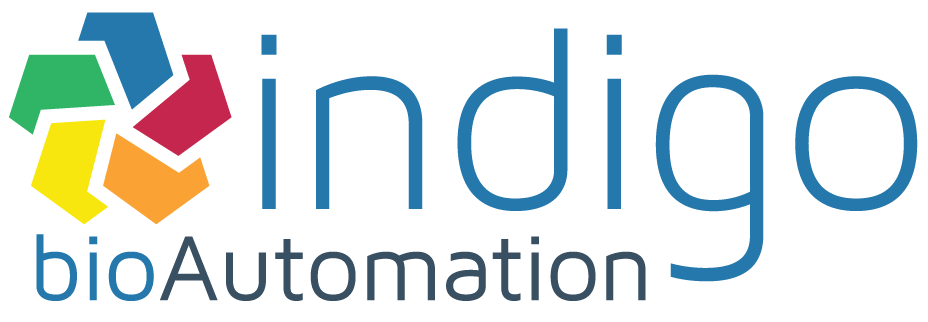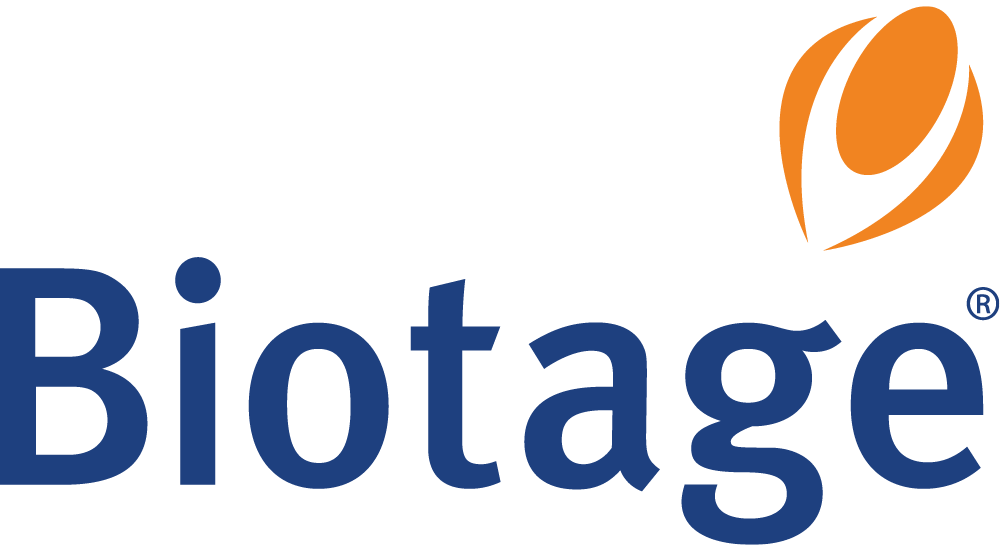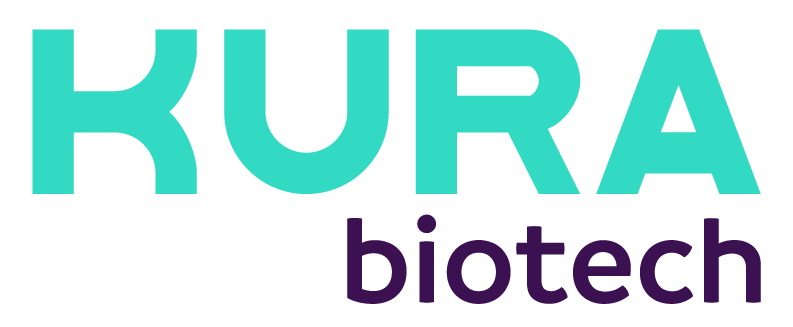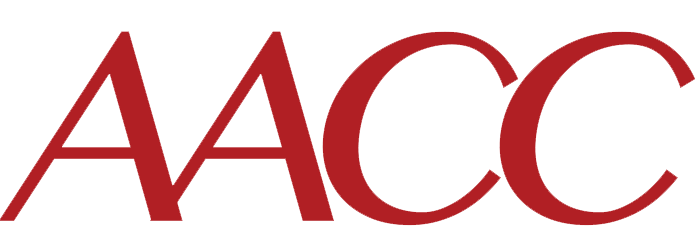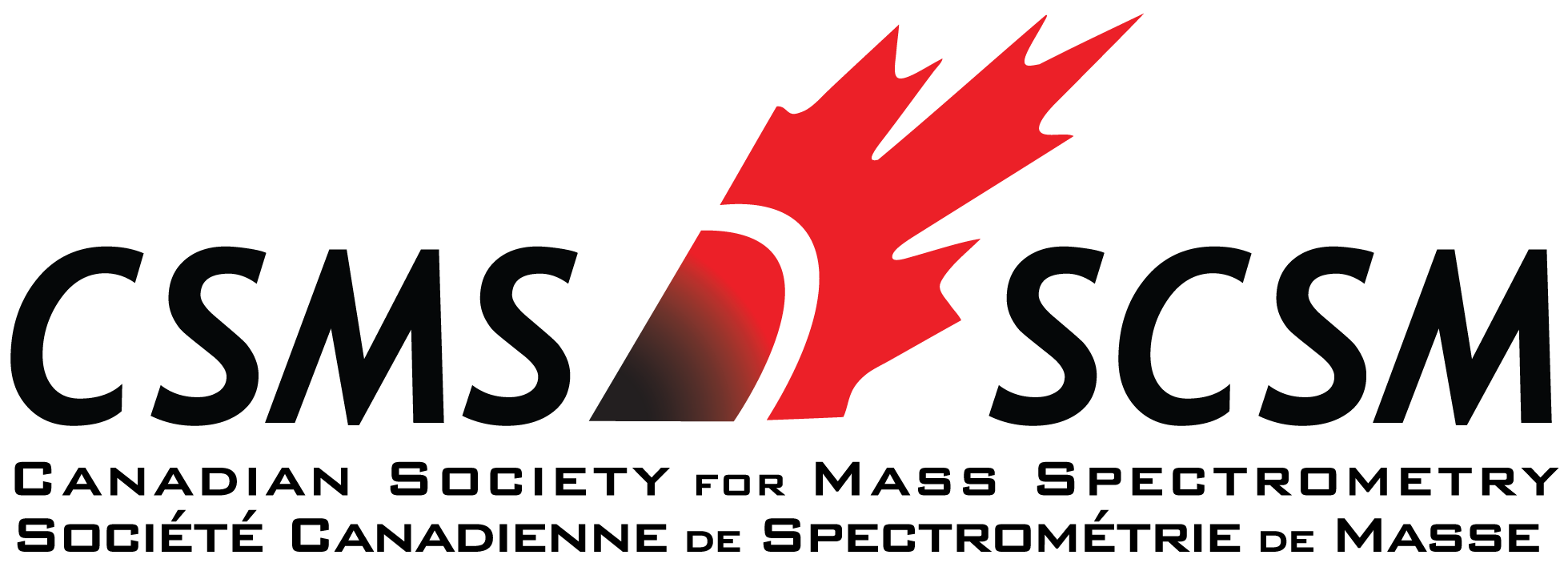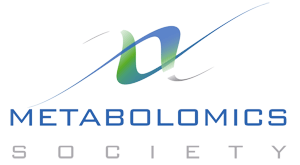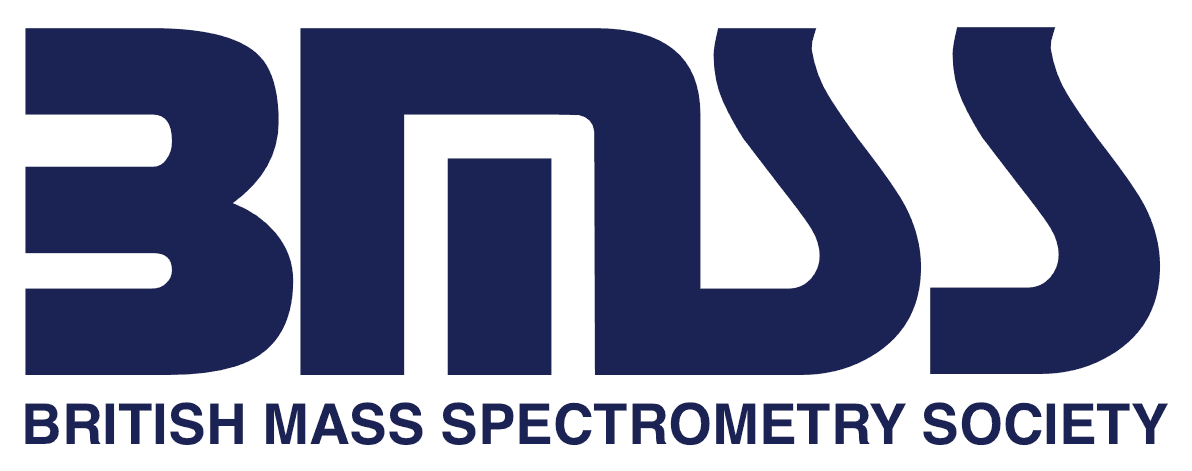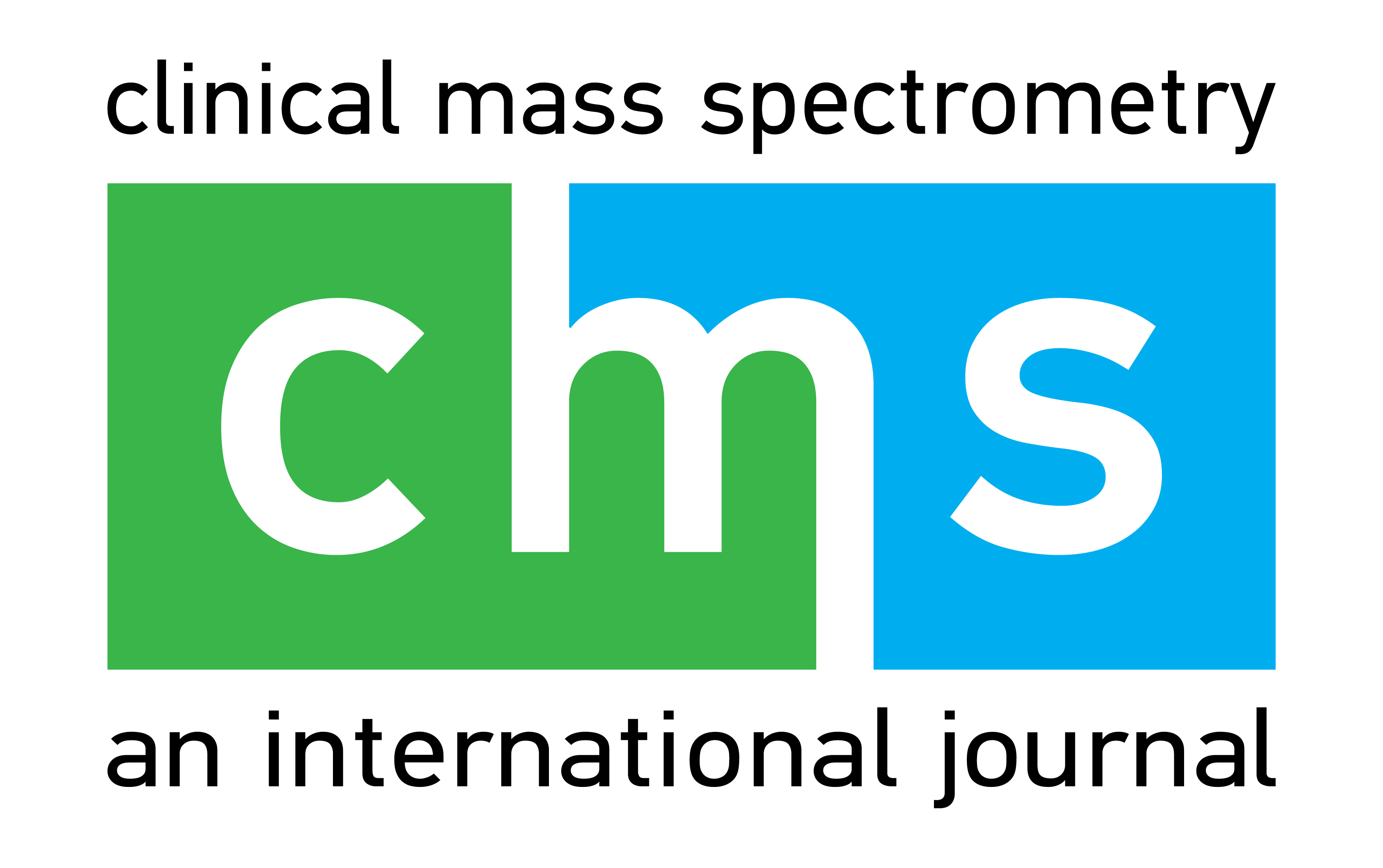MSACL 2020 USPalm Springs, Mar 29 - Apr 3 |
For Vendors
MSACL US
Corporate Workshops (for Vendors)
** APPLICATION & PRICING for MSACL 2020 US Workshops
Workshop Assignments
Assignments finalized & Early Bird Deadline: November 08, 2019.
Any workshop slot that appears taken may be preferentially selected based on sponsorship level up through the end of the Early Bird date.
Workshop Details
Corporate Workshops provide an opportunity for MSACL conference attendees to learn more about specific applications or products of interest as presented by sponsoring vendors.
The listed fee includes projector, screen and microphone.
These workshops are offered at no charge to attendees.
Workshop registration must be managed by the Workshop host.
Title must be uploaded online before February 15,
2020
to make the conference digest program.
Workshop Promotion
As a Workshop Sponsor, to promote your event you will be provided ONE (1) use of the email list of attendees that have not opted out of vendor contact.
On the day of your event you will be provided a table, chair in front your booked rooms. You will also be permitted to place one piece of signage in front of the room up to 30 minutes prior to the event.
Workshop Assignments
Workshop Sponsors: Modify your content
Notice: Undefined variable: location_order in /home/msacl0017/public_html/include/webpage_structure/include_subtab_content_nextgen.php(1170) : eval()'d code on line 55
| Tuesday March 31 | ||||
| 12:15 - 13:45 | Rooms 1-3 | Indigo BioAutomation | View Summary | Pre-Register Now |
| Wednesday April 1 | ||||
| 8:00 - 8:45 | Room 1 | Biotage | View Summary | Pre-Register Now |
| 8:00 - 8:45 | Room 2 | Thermo Fisher Scientific | View Summary | |
| 8:00 - 8:45 | Room 3 | MilliporeSigma | View Summary | |
| 8:00 - 8:45 | Room 4 | SCIEX | View Summary | Pre-Register Now |
| 8:00 - 8:45 | Room 5 | Agilent Technologies | View Summary | Pre-Register Now |
| 8:00 - 8:45 | Room 6 | Indigo BioAutomation | View Summary | Pre-Register Now |
| 12:30 - 13:30 | Room 1 | Shimadzu | View Summary | |
| 12:30 - 13:30 | Room 2 | Thermo Fisher Scientific | View Summary | |
| 12:30 - 13:30 | Room 4 | Bruker | View Summary | Pre-Register Now |
| 12:30 - 13:30 | Room 5 | Agilent Technologies | View Summary | Pre-Register Now |
| 12:30 - 13:30 | Room 6 | OPEN | ||
| Thursday April 2 | ||||
| 8:00 - 8:45 | Room 1 | PerkinElmer | View Summary | |
| 8:00 - 8:45 | Room 2 | Chromsystems | View Summary | |
| 8:00 - 8:45 | Room 3 | Newomics | View Summary | |
| 8:00 - 8:45 | Room 4 | Waters | View Summary | Pre-Register Now |
| 8:00 - 8:45 | Room 5 | Restek | View Summary | |
| 8:00 - 8:45 | Room 6 | OPEN | ||
Corporate Workshop Summaries
Tuesday March 31 |
| @ 12:15 - 13:45 in Rooms 1-3 with Indigo BioAutomation |
| Pre-Register Now |
| Let the Data Speak. Data Driven Decision Making for Mass Spectrometry. Moderator: Randall Julian, Ph.D., CEO and Founder, Indigo BioAutomation Speakers: Romeo Solano, Ph.D., F-ABFT, Senior Scientific Director, Quest Diagnostics Why do staff migrate to certain instruments when they need to report results within a defined turn-around time? Is everyone following your SOPs? Big data analysis can provide insights into operational transformation of processes in every laboratory, show how instruments and staff members are performing, and guide root cause analysis to drive actionable solutions. Using Tableau to analyze ASCENT flags and decisions with respect to Calibrators, QCs, and Unknowns, this presentation will demonstrate how effective changes to LC-MS/MS procedures can benefit process and reduce data review time. Will Slade, Ph.D., Systems Scientist, Indigo BioAutomation Data review in high-throughput settings traditionally involves monotonous evaluation of every chromatogram, making review into an art as much as a science. This risks a confidence coming from manually inspecting a plot instead of trusting established metrics. Using ASCENT and R statistical programming language, this presentation will describe Indigo’s journey into the largely unexplored wealth of big data already being collected, what we have learned, and where we want to go. |
Wednesday April 1 |
| @ 8:00 - 8:45 in Room 1 with Biotage |
| Pre-Register Now |
| One Size Does Not Fit All: Considerations for Minimizing Matrix Effect and Maximizing Recovery for Clinical Panels Large and Small Dr. Lee Williams. Biotage GB Limited, Distribution Way, Dyffryn Business Park, Hengoed, CF82 7TS, UK. LC-MS/MS system sensitivity has moved at an alarming rate over the last 10 years. The original perception that due to increased instrument sensitivity sample preparation will decrease has been dispelled. This sensitivity can come at a price, in that levels of contamination not previously detected with less sensitive instruments now have larger impact on analysis. Combining this with the advent of UHPLC, the necessity for high purity components and samples is even more apparent. Given this information the choice of sample preparation technique varies between labs and is generally dependent on several factors: operator familiarity; technique complexity; price per sample; instrument sensitivity; assay sensitivity and limits of quantitation; sample volume; throughput; analyte functionality and target matrix. Typical clinical matrices include whole blood, plasma, serum, urine and oral fluid with specific emphasis on a variety of endogenous components. Matrix complexity will be illustrated and related to a variety of clinical assays, demonstrating potential impact on method robustness. Examples will detail challenges involved for large panel analysis. |
| @ 8:00 - 8:45 in Room 2 with Thermo Fisher Scientific |
| LC-MS/MS Developments for the Routine Clinical Lab Overview: Accurate analyte measurements are important for assessment and management of patients. LC-MS/MS measurement procedures are more selective than immunoassay measurement procedures. However, increased labor for preanalytical processing, method validation for LDTs, in conjunction with lack of complete automation of quality assurance monitoring, have presented barriers to LC-MS/MS implementation. This workshop will provide the opportunity to discuss the quality assurance needs of the routine clinical laboratory, the challenges associated with managing laboratory developed tests (LDTs) and the perspectives on future LC-MS/MS developments. *Product is not 510(k) cleared and is not yet available for sale in the U.S. |
| @ 8:00 - 8:45 in Room 3 with MilliporeSigma |
| How is the emergence of hemp affecting the Clinical space? Synthesis, certification and clinical evaluation of 7-Hydroxy and 7-Carboxy Cannabidiol Certified Reference Materials in whole blood samples by LC-MS/MS Speakers: Heather Lima - Principal Scientist, Synthesis, Cerilliant Corporation, Ray Suhandynata – Clinical Chemistry Fellow, University of California-San Diego Center for Advanced Laboratory Medicine Cannabidiol (CBD), a non-psychoactive constituent of hemp, has been increasingly promoted and studied for pharmacological uses as regulations regarding cannabis and hemp evolve rapidly at a state and federal level. In response to these recent regulations, novel Cannabinoid Certified Reference Materials (CRMs) and testing methods have been developed for the main human metabolites of CBD, 7-hydroxy cannabidiol (7-OH CBD) and 7-carboxy cannabidiol (7-COOH CBD). We will touch on recent legal changes for cannabinoid testing in a Clinical setting, as well as discuss the synthesis, certification, and evaluation of these cannabinoid CRMs in patient whole blood samples at the Center for Advanced Laboratory Medicine at UCSD. |
| @ 8:00 - 8:45 in Room 4 with SCIEX |
| Pre-Register Now |
| Acoustic Ejection Mass Spectrometry (AEMS) for High-throughput Analysis Chang Liu, Associate Staff Research Scientist, SCIEX Learn about the newly designed, novel mass spectrometry (MS) platform with integrated acoustic droplet ejection (ADE) technology. The open-port interface (OPI) paired with electrospray ionization (ESI) MS utilizes nanoliter droplets in a touchless manner to deliver high speed, precision and accuracy. The sample dilution within the OPI in concert with the capabilities of modern ESI-MS minimizes assay development. The combination, almost eliminates the laborious sample preparation required for both clean and dirty matrices such as plasma and urine, and results in no observed carry-over. See how second-per-sample analysis speed can be routinely achieved with high sensitivity, high reproducibility, wide linear dynamic range, and broad compound coverage. |
| @ 8:00 - 8:45 in Room 5 with Agilent Technologies |
| Pre-Register Now |
| Reducing the Steps from Sample Submission to Reporting Implementing a Walk-Up sample submission process with automated data processing reduces the training, labor and time required to analyze clinical diagnostic samples. For In Vitro Diagnostic Use |
| @ 8:00 - 8:45 in Room 6 with Indigo BioAutomation |
| Pre-Register Now |
| Elevating your lab further. Speakers: Jim Edwards and Adam Zabell, Ph.D. We’ve been helping labs elevate their business performance and technical efficiency with a simple vision: better science to generate better results. Those results are based on great data, effective models and comprehensive quality awareness, but moving beyond the batch requires a better toolbox so people at every level of the laboratory can integrate their effort into enhancing the entire business. Our latest innovations have come together in ASCENT Series 4, streamlining batch review and adding the features you need to identify not just if but when and why your assay is meeting your expectations. Please join us for an introduction to a better way to work, whether that means migrating from your incumbent software or upgrading your current ASCENT platform. We’ve brought together the best discoveries based on what we’ve learned working side-by-side with laboratories like yours, all in service of the tools that make for better science. |
| @ 12:30 - 13:30 in Room 1 with Shimadzu |
| Developing a Comprehensive Mass Spectrometry Program at an Academic Medicine Center Chris Crutchfield, PhD, HCLD(ABB), DABCC, Assistant Professor, University of Cincinnati College of Medicine, Department of Pathology & Laboratory Medicine The advent of early career clinical scientists trained in mass spectrometry has arrived. A practical challenge for those clinical scientists entering their first jobs at academic medical centers will be how to navigate the assembly or the expansion of clinical mass spectrometry within the laboratory, as well as how to balance the needs of meeting expectations for both routine clinical work and academic research. This workshop will include a series of vignettes developed in the context of expanding mass spectrometry at an academic medical center: • Partnering with a business director to develop a business rationale to justify acquisition of two mass spectrometers to expand immunosuppressant monitoring • Joining a research team as a co-PI, receiving a perfect score on an NIH U01 grant, “IND-Enabling Pre-Clinical Studies to Accelerate the Clinical Development of a Humanized Anti-Cocaine Monoclonal Antibody,” and including a mass spectrometer in the approved budget • Pearls of Wisdom for training medical technologists and research technicians clinical mass spectrometry assay preparation and method development |
| @ 12:30 - 13:30 in Room 2 with Thermo Fisher Scientific |
| Paper Spray Mass Spectrometry (PS-MS) for Direct, Quantitative Measurements Professor Chris G. Gill, Ph.D., P. Chem., Co-Director, Applied Environmental Research Laboratories, Vancouver Island University, Nanaimo, BC, Canada Paper spray ionization for mass spectrometry is a relatively new, simple, and inexpensive strategy for ambient ionization. Analytes are ionized for mass spectrometry directly from small volumes of complex samples deposited on pointed paper strips, in a mechanism akin to electrospray. It is particularly useful where rapid, direct quantitative chemical measurements are needed. We present PS-MS in select applications: direct drug analysis in urine, and onsite illicit drug checks for harm reduction in the opioid overdose crisis. Lipidomics Analysis of Barth Syndrome Patients Seul Kee Byeon1, Devin Oglesbee1, and Akhilesh Pandey1,2, 1Department of Laboratory Medicine and Pathology, Mayo Clinic, Rochester MN 55905, 2Center for Individualized Medicine, Mayo Clinic, Rochester MN Barth syndrome (BTHS) is a rare X-linked recessive disorder that presents with infantile cardio- and skeletal myopathy, neutropenia, and growth delays. We hypothesized rare subtypes of various classes of lipids may contribute to BTHS. We characterized various classes of lipids and discovered lipid profiles associated with BTHS. Our studies show that unique lipid signatures can differentiate BTHS patients from controls. |
| @ 12:30 - 13:30 in Room 4 with Bruker |
| Pre-Register Now |
| Bruker will be presenting two talks during our workshop: PASER: Parallel Database Search Engine I Real-Time John R. Yates III Ernest W. Hahn Professor in the Departments of Molecular Medicine and Neurobiology at The Scripps Research Institute Clinical Implementation of Mass Spectrometry Imaging Sankha (Bobby) Basu, MD, PhD Assistant Director of Clinical Chemistry and Mass Spectrometry and Instructor of Pathology at Harvard Medical School To view both abstracts please click on the registration link. For Research Use Only. Not for use in diagnostic procedures. |
| @ 12:30 - 13:30 in Room 5 with Agilent Technologies |
| Pre-Register Now |
| Agilent will be presenting two talks during the lunch seminar: QA/QC of Large-Scale and High-Coverage Mass Spectrometry-based Lipidomics Analyses Bo Burla Ph.D. National University of Singapore Detection of Chemical Weapon Nerve Agents in Bone Timothy J. Garrett, PhD University of Florida For Research Use Only. Not for use in diagnostic procedures. |
Thursday April 2 |
| @ 8:00 - 8:45 in Room 1 with PerkinElmer |
| Achieving the Standard for the Analytical Scope and Sensitivity Testing in Impaired Driving using Laminar Flow Tandem Mass Spectrometry Sabra Botch-Jones, M.S., M.A., D-ABFT-FT Assistant Professor, Department of Anatomy & Neurobiology Boston University School of Medicine Based on results from the 2017 National Survey on Drug Use and Health, 21.4 million people aged 16 or older operated a vehicle under the influence of alcohol and 12.8 million drove under the influence of illicit drugs in the previous year. Due to the prevalence of driving while impaired, the forensic toxicology scientific community developed ASB Standard 119 “Standard for the Analytical Scope and Sensitivity of Forensic Toxicology Testing in Impaired Driving Investigations”. The scope of the standard provides the minimum requirement for target analytes and analytical sensitivity for the analysis biological fluids such as urine in suspected drugged driving cases. |
| @ 8:00 - 8:45 in Room 2 with Chromsystems |
| Validation and Implementation of the Chromsystems MassTox Drugs of Abuse Assay on a High Resolution Accurate Mass Spectrometer Speaker: Dr Sergei Likhodi, Scientific Director, BC Provincial Toxicology Centre, Provincial Health Services Authority, Vancouver, BC, Canada Dr Likhodi will discuss the experience of his laboratory in implementing the MassTox® Drugs of Abuse Testing assay, a commercial solution that allows the target screening of 108 drugs. He will show validation and performance data, but will also explain how his laboratory successfully expanded the assay with additional drugs analyzed by the same method. Dr Likhodi will demonstrate that the assay, originally developed for LC-MS/MS, can be also established on high resolution mass spectrometers for routine analysis. |
| @ 8:00 - 8:45 in Room 3 with Newomics |
| Multiply Mass Spectrometry Performance with Multinozzle Emitter Technology Na Parra, Ph.D., Senior Director of Marketing, Newomics, Berkeley, CA Nanoflow LC-MS enables high sensitivity analysis of proteins and lipids in biological samples. However, it lacks robustness and throughput. High-flow LC-MS achieves robustness but its sensitivity needs improvement. Microflow LC-MS bridges this gap with a balance of sensitivity and robustness. Newomics award-winning silicon-multinozzl-emitter splits a microflow stream into multiple nanoflows to dramatically enhance ionization efficiency and achieve high sensitivity, robustness, and throughput. The applications of our microflow-LC-nanospray-ESI-MS-platform using Newomics M3 emitter has been demonstrated in proteomics, lipidomics, and native MS. New Highly Sensitive and Specific Top-Down Mass Spectrometric CDC Reference Procedure for Parathyroid Hormone Candice Ulmer, Ph.D., Associate Service Fellow, CDC, Atlanta, GA Parathyroid hormone (PTH) is a key biomarker for chronic-kidney-disease. Measurement of PTH and fragments in serum is critical for disease diagnosis. PTH is at low circulating levels. Current methods show high variability. Thus, a highly sensitive and reliable reference procedure is in need for analysis of PTH and fragments. A top-down proteomics UHPLC-HRMS reference procedure was developed using a Thermo-Q-Exactive-Plus, an UltiMate-3000-RSLCnano, and Newomics M3 emitter. This method allows for serum iPTH measurements from CKD patients. |
| @ 8:00 - 8:45 in Room 4 with Waters |
| Pre-Register Now |
| ‘Sensitivity, Selectivity, and Speed’ - Solving Analytical Challenges in Endocrinology using LC-MS/MS for Clinical Research Presenter: Dominic Foley, Senior Scientist, Waters Corporation, Wilmslow, UK The use of LC-MS/MS technologies in Endocrinology for clinical research is an area of rapid growth. This is a result of the demonstrated improvements in selectivity provided by the platform compared to more traditional technologies such as immunoassay. In addition, the ability to monitor large number of analytes in a single method, with improvement in both analytical sensitivity and selectivity, increases the speed at which a sample can be interrogated for biochemical abnormalites. In this workshop, we will cover aspects of analytical sensitivity, selectivity and speed in relation to improving the performance of endocrine methods using higher end LC-MS/MS platforms such as the Xevo TQ-S micro and Xevo TQ-XS mass spectrometers. |
| @ 8:00 - 8:45 in Room 5 with Restek |
| Coated Blade Spray Mass Spectrometry redefines rapid screening and quantitation of small molecules in biological fluids Presented by Kara Lynch, PhD; Associate Professor, University of California San Francisco German Gomez, PhD; R&D Scientist, Restek Corporation Current workflows for the determination of controlled substances and drugs of abuse in biological fluids rely on sometimes lengthy and complex sample preparations and chromatographic separations. This is particularly challenging in cases where obtaining reliable results rapidly is of prime importance. Undeniably, there is need for highly robust and trustworthy devices that enable rapid detection and quantitation of drugs of abuse in biological fluids, particularly on-site. Coated Blade Spray (CBS) is a technology that combines sample preparation and direct coupling to mass spectrometry (MS) on a single device. Dr. Gomez will briefly introduce the fundamentals behind CBS-MS and Dr. Lynch will describe the challenges clinical researchers experience when performing rapid screening and how CBS-MS can be used as a tool to overcome some of these challenges. |




